In the 1960s in South Vietnam, a class of young people were sent to study abroad in advanced countries around the world.
Later, they became famous people and contributed a lot to the country.
They flew more than half way around the world to faraway places like America, France, England, Germany, Italy, Belgium… with the hope of being trained to become talented people. Some others, including Tran Van Tho, chose to take a shorter route - to Japan, also with the belief that they would receive a modern education.
Going to Japan to study economics like Tran Van Tho is a perfect combination of "heavenly time, favorable location, and harmony of people". Defeated after World War II, devastated physically and mentally, Japan still suppressed the pain and humiliation, revived the national spirit to revive the country, becoming a leading developed market economy in the world, gaining the respect of humanity.
Japan and Vietnam are in the same "East Asian civilization" region. The two countries have had educational ties since the early 20th century, when the Dong Du movement initiated by Phan Boi Chau sent the first 200 Vietnamese youths to study in Japan.

Illustration
Trained and self-trained as an erudite economist, Professor Tran Van Tho does not stop at theoretical knowledge but always seeks to apply it to important areas of social life.
After Vietnam's reunification, Professor Tran Van Tho returned to Vietnam, participated in many seminars and conferences, and was invited to lecture at several universities. He proposed many recommendations and solutions for the country's economic development from creatively absorbing lessons from Japan and the world.
According to Professor Tran Van Tho, the two key factors leading to the miraculous progress of the land of the rising sun are social capacity - including patriotism, national pride, sense of responsibility - and institutions as a developmental state. Having lived in Japanese society for 56 years, he witnessed and pondered on specific issues, such as the ability to attract high-quality foreign direct investment (FDI), the construction of high-speed railways, solutions for civil service exams, etc.
However, Professor Tran Van Tho is not a supporter of economic rationalism or economic liberalism. When discussing economic issues, he always associates them with the cultural and human foundation, in which culture is the driving force of development, and education guides the future of culture.
In fact, over the years, not only Professor Tran Van Tho but also many other intellectuals of the times, regardless of their expertise and success in any field, have been interested in thinking and giving advice for Vietnamese education. Because they are aware that education is a field related to all other fields. Moreover, only a substantial education can fundamentally solve the problems of human resources, creative knowledge and the labor market.
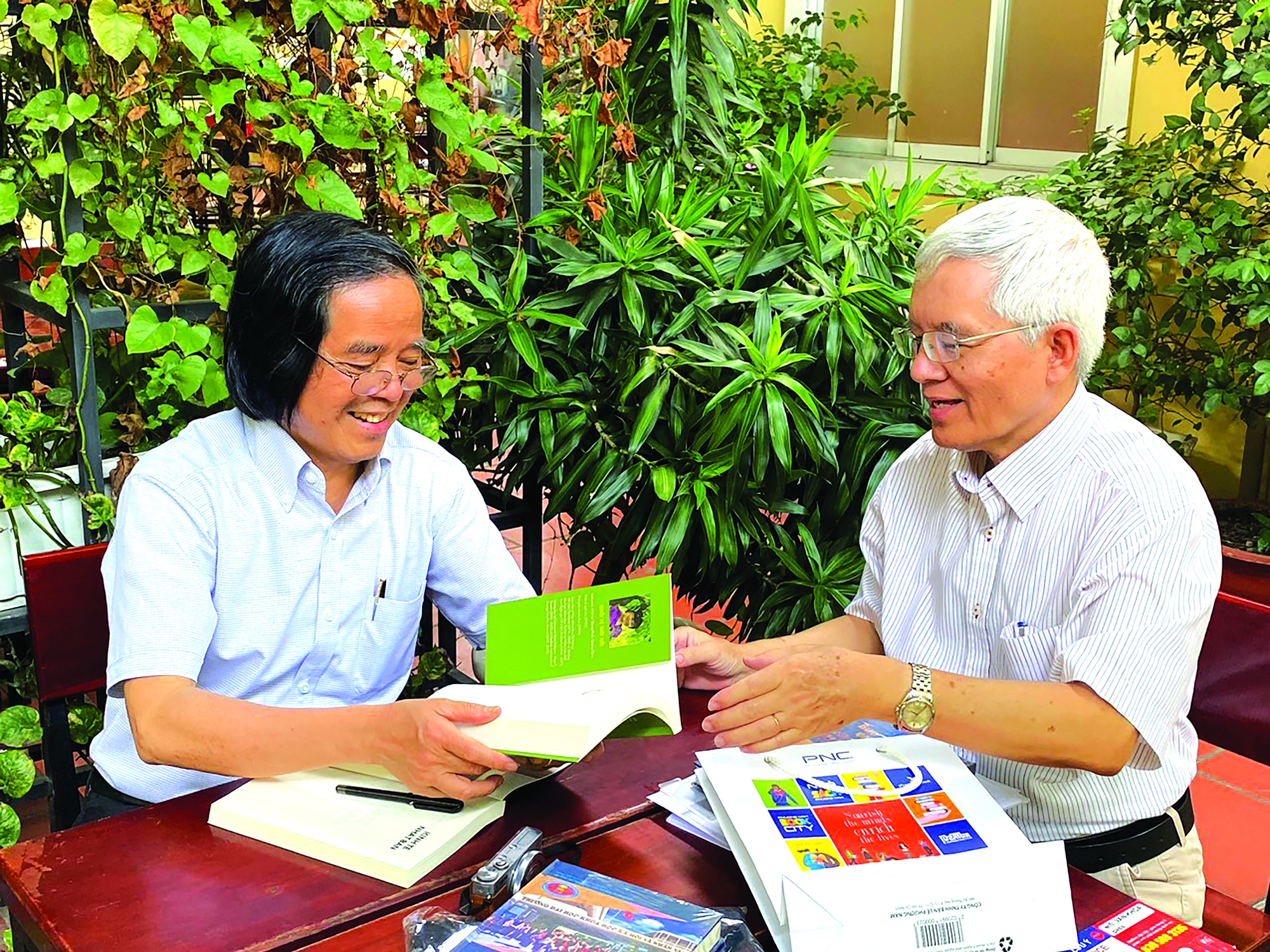
The author (Professor Huynh Nhu Phuong) during a meeting and discussion with Professor Tran Van Tho (left) in Ho Chi Minh City. (Photo provided by the author)
In that spirit, Professor Tran Van Tho's opinions on the public and private university system, training organization and doctoral degree awarding, choosing majors to serve the industrialization strategy... are all worth pondering.
Reading the books and articles of Professor Tran Van Tho, we can see that the direction in each person's life is both the result of the impact of objective circumstances and the crystallization of that person's own qualities, abilities and ambitions.
According to the author, after passing the Baccalaureate in Philosophy, the young man from Hoi An - Quang Nam went to Saigon with the intention of studying the preparatory year of Literature at the Department of Vietnamese Literature, then transferring to the University of Education to become a high school teacher. One day, by chance, passing by the gate of the Ministry of National Education on Le Thanh Ton Street, he read the announcement of recruiting students to study abroad with a scholarship from the Japanese government, he applied, took the exam and was accepted.
Arriving in Tokyo in 1968, it was not until more than half a century later that Professor Tran Van Tho returned to visit the Faculty of Letters - now the University of Social Sciences and Humanities, Ho Chi Minh City. This is where he listened to literature lectures in his first academic year.
The day Professor Tran Van Tho returned to visit his old school, we sat together around a coffee table on the roof of the Faculty of Letters, remembering the teachers who have passed away: Nguyen Khac Hoach, Pham Viet Tuyen, Luu Khon. The most touching moment was when mentioning teacher Huynh Ngoc Hoa, also known as Huynh Phan, the sworn brother who helped Tran Van Tho in his first days at university.
Huynh Phan, author of the book "Teacher and Student Stories", conducted an extensive interview on educational reform when he was a student of education. This is one of my favorite books that I quoted in an article written in 1972 at Tran Quoc Tuan High School (Quang Ngai) and in the recently published book "Aspirations for Schools".
Like Huynh Phan and Tran Van Tho, Vietnamese students, no matter where they go, always remember Phan Chau Trinh's advice: "Study is better than studying". Study to become a good person and to contribute a modest part to life. They may be different in both circumstances and age, may not have known each other, but they still meet in the same aspirations, in the same aspirations and ambitions for a humane, liberal education with a national and modern spirit.
Like Professor Tran Van Tho, Vietnamese students, no matter where they go, always remember Phan Chau Trinh's advice: "It's better to study". Study to become a good person and to contribute a modest part to life.
Source: https://nld.com.vn/tam-long-voi-que-huong-ngan-dam-196250122103019153.htm


![[Photo] National Assembly Chairman Tran Thanh Man meets with outstanding workers in the oil and gas industry](https://vstatic.vietnam.vn/vietnam/resource/IMAGE/2025/4/17/1d0de4026b75434ab34279624db7ee4a)
![[Photo] Promoting friendship, solidarity and cooperation between the armies and people of the two countries](https://vstatic.vietnam.vn/vietnam/resource/IMAGE/2025/4/17/0c4d087864f14092aed77252590b6bae)
![[Photo] Nhan Dan Newspaper announces the project "Love Vietnam so much"](https://vstatic.vietnam.vn/vietnam/resource/IMAGE/2025/4/17/362f882012d3432783fc92fab1b3e980)

![[Photo] The beauty of Ho Chi Minh City - a modern "super city" after 50 years of liberation](https://vstatic.vietnam.vn/vietnam/resource/IMAGE/2025/4/18/81f27acd8889496990ec53efad1c5399)
![[Photo] Closing of the 4th Summit of the Partnership for Green Growth and the Global Goals](https://vstatic.vietnam.vn/vietnam/resource/IMAGE/2025/4/17/c0a0df9852c84e58be0a8b939189c85a)
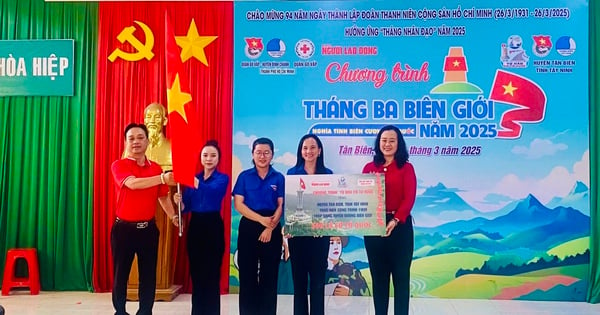
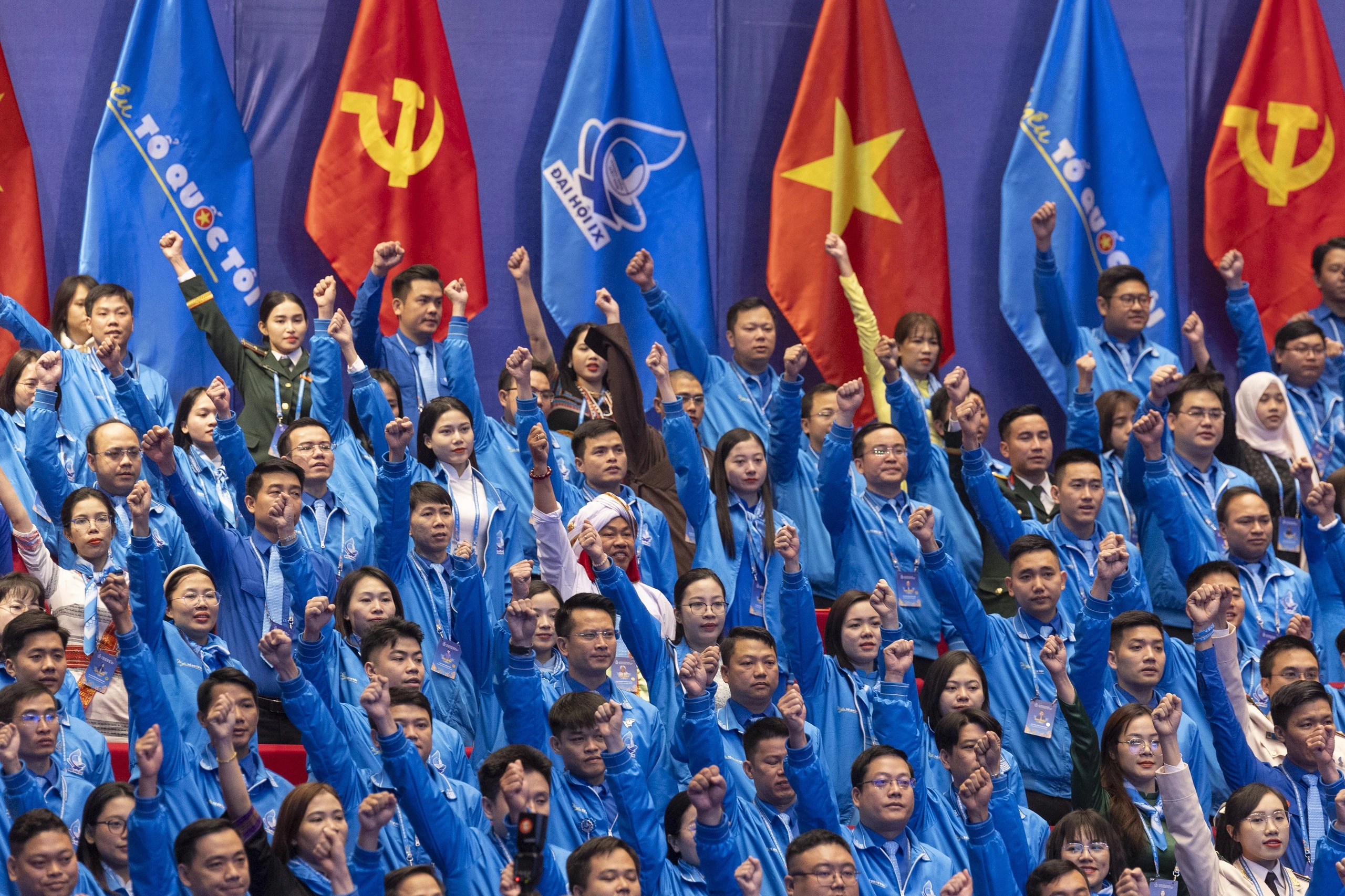

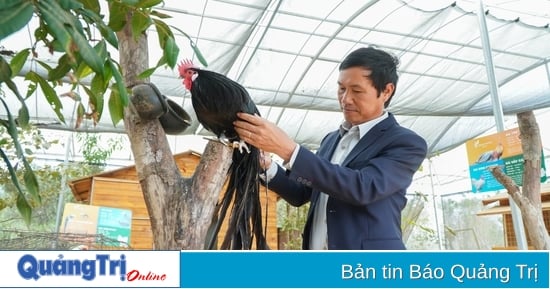

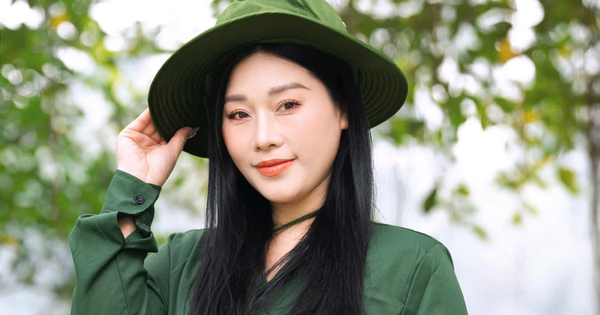



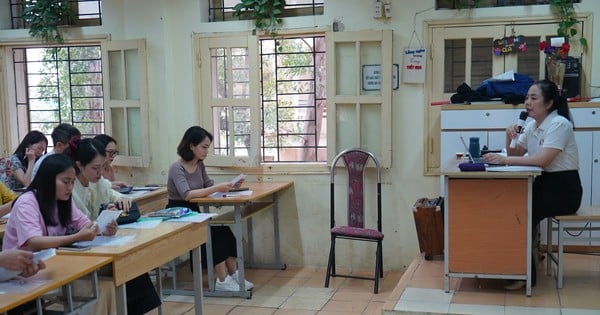



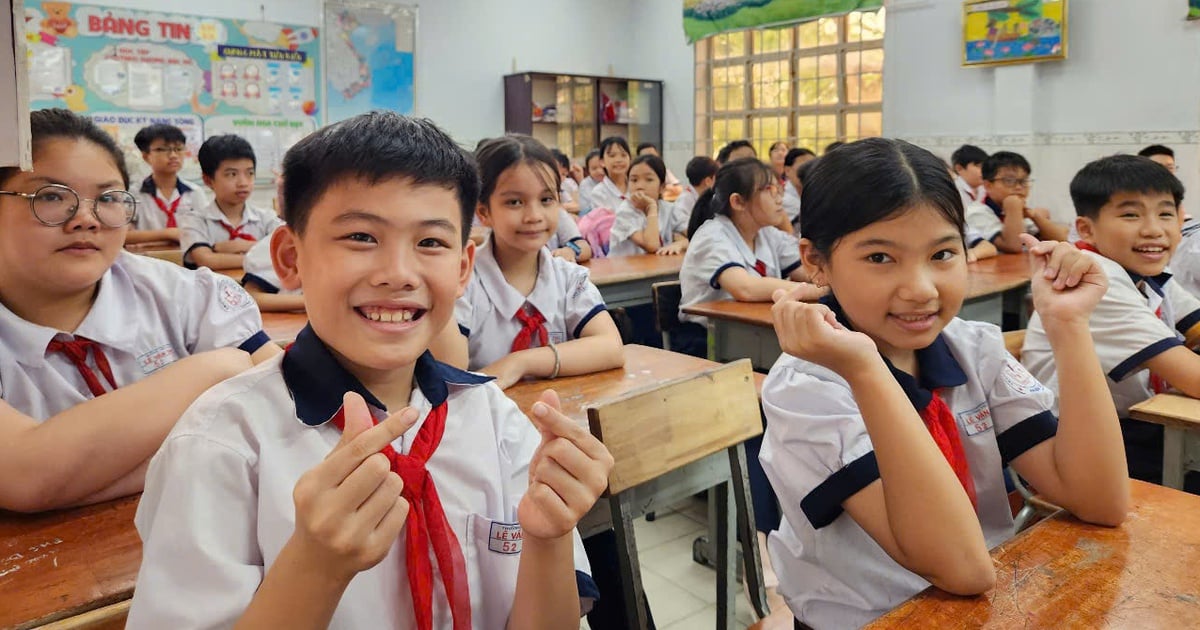
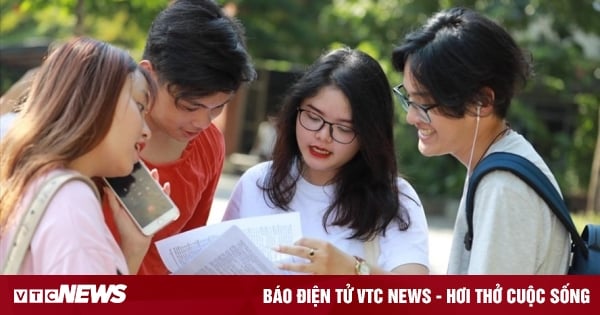





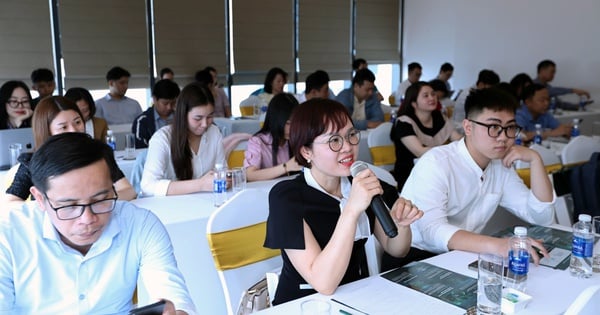
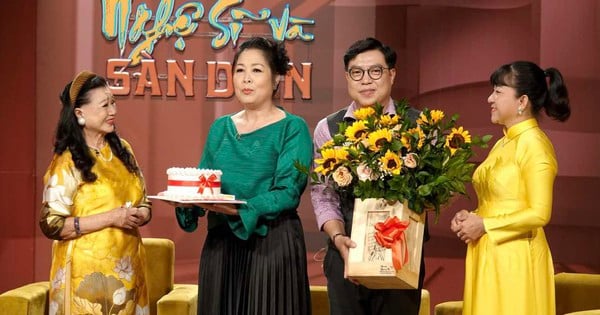
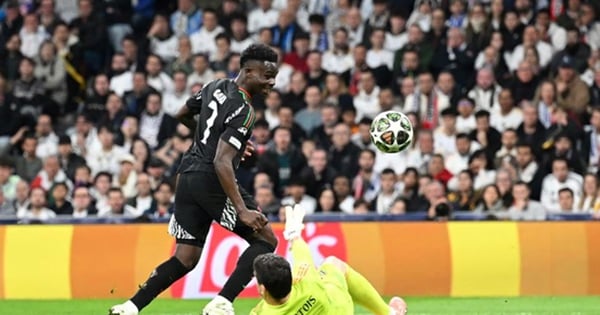
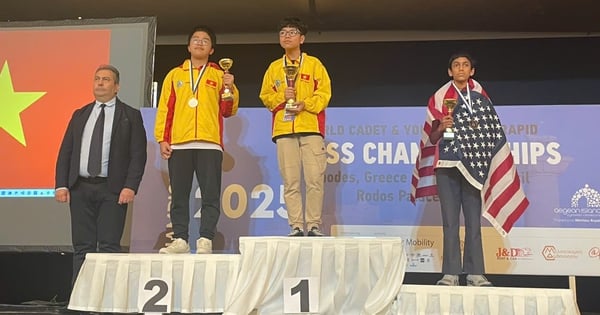

![[Photo] General Secretary To Lam receives French Ambassador to Vietnam Olivier Brochet](https://vstatic.vietnam.vn/vietnam/resource/IMAGE/2025/4/17/49224f0f12e84b66a73b17eb251f7278)





















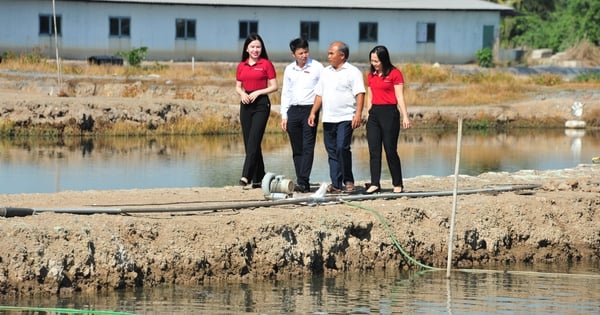

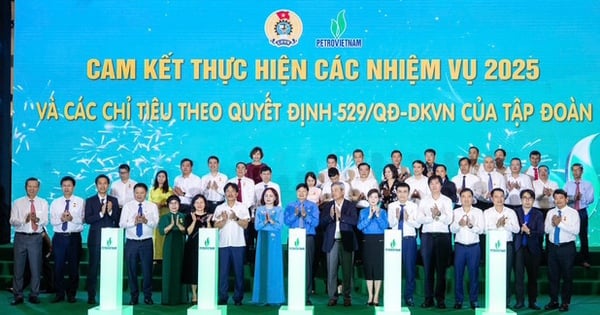
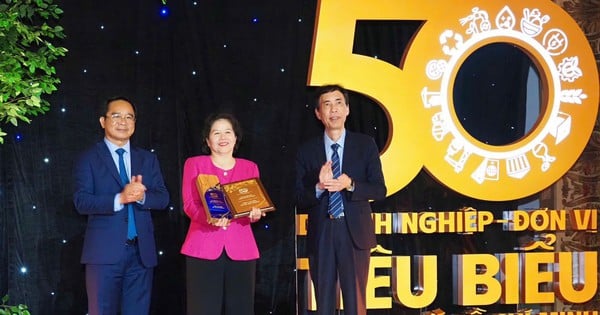





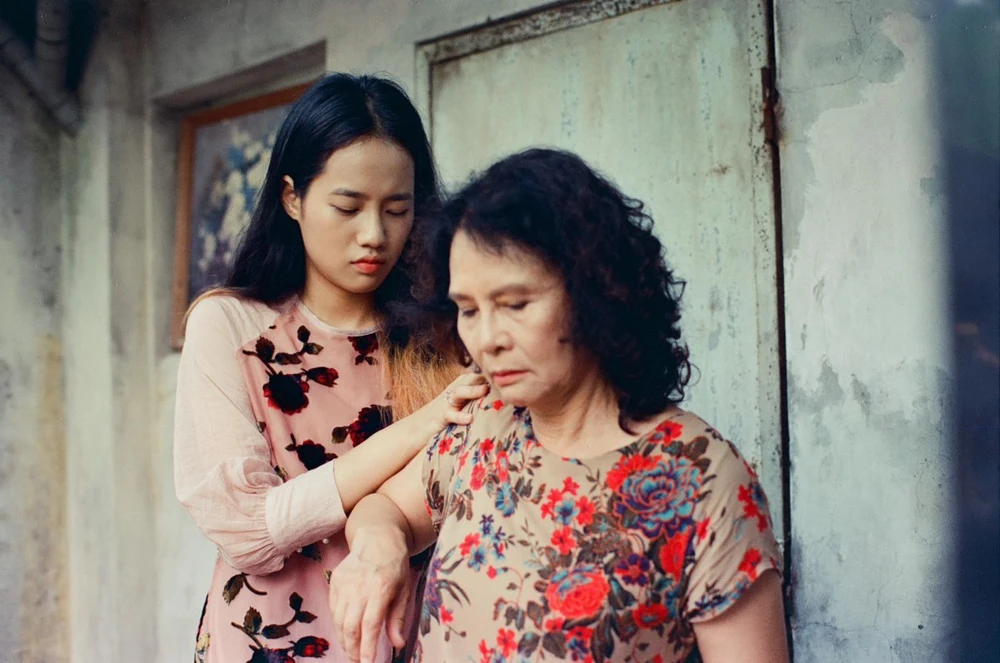
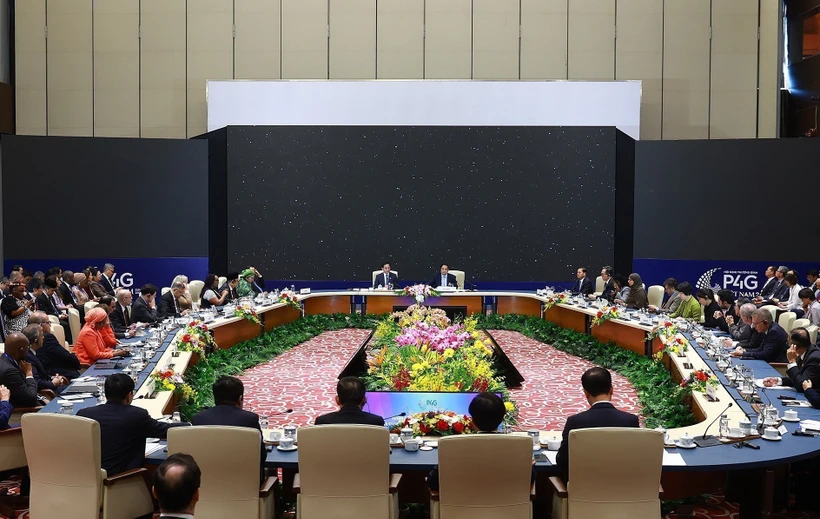
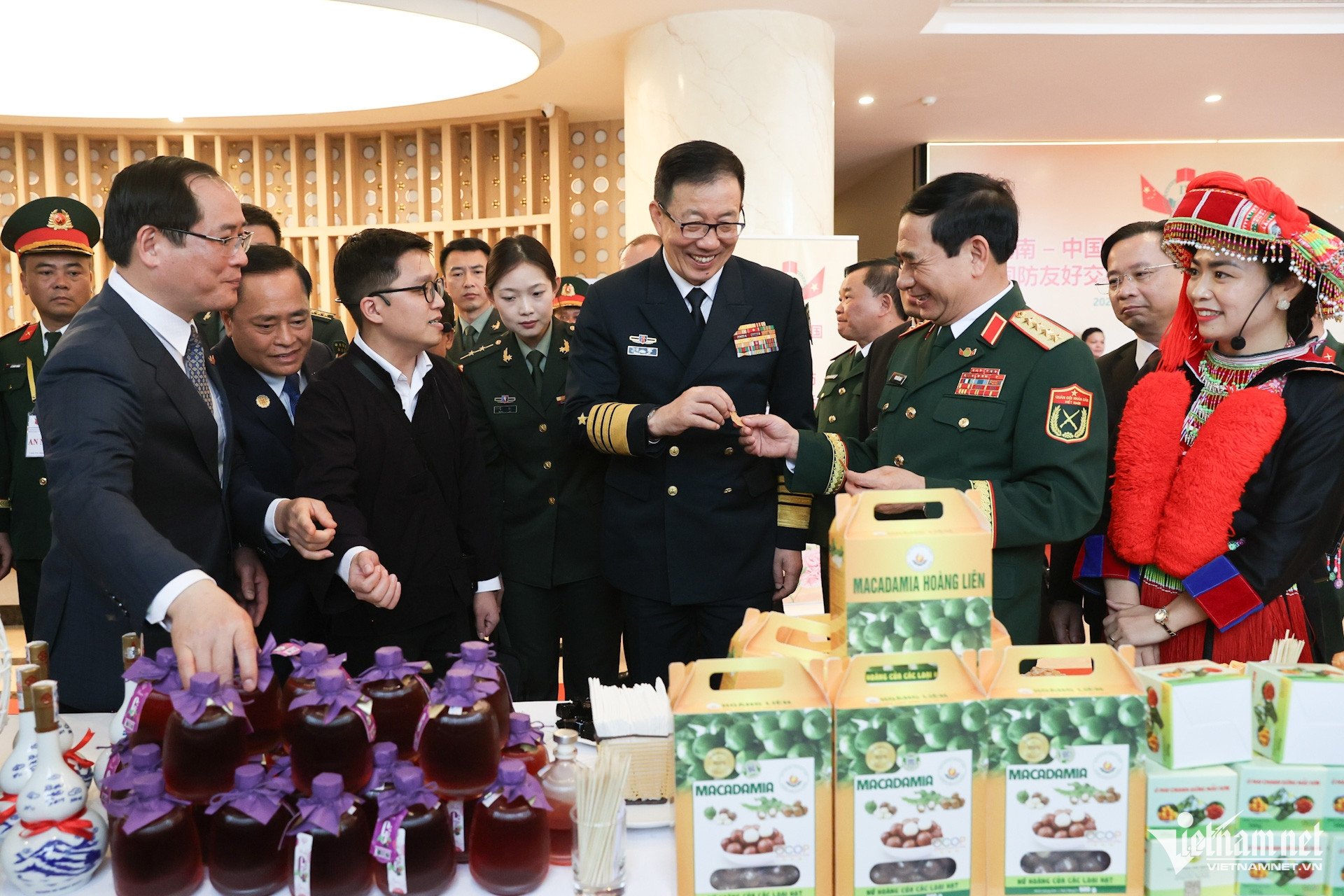

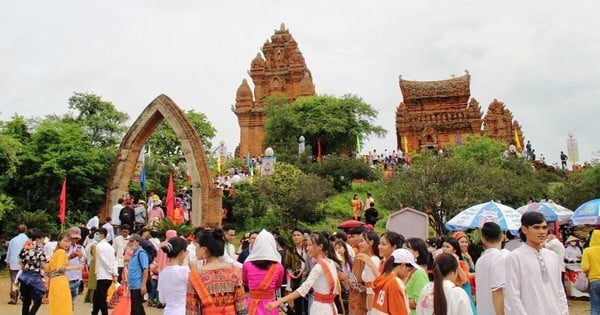

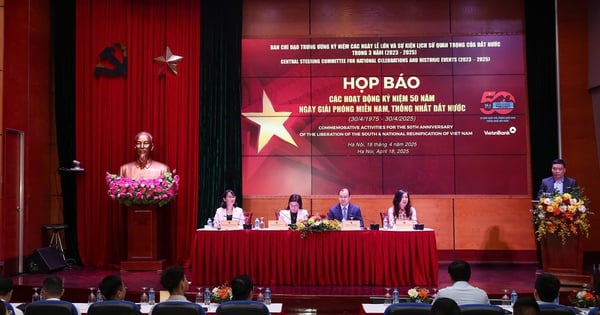



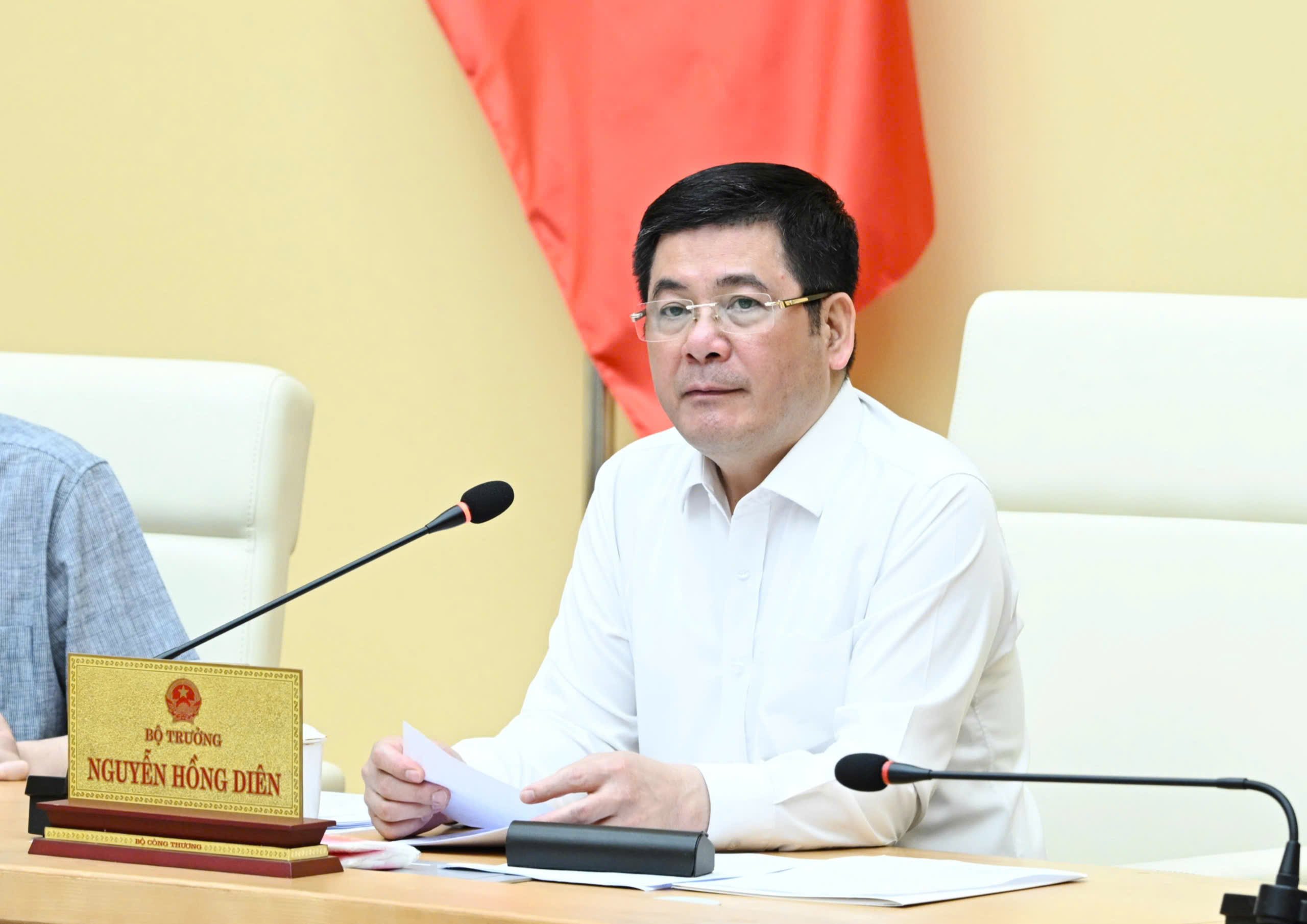


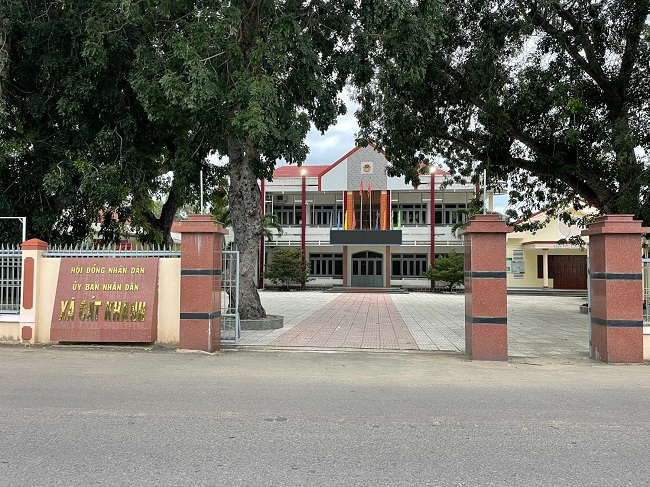


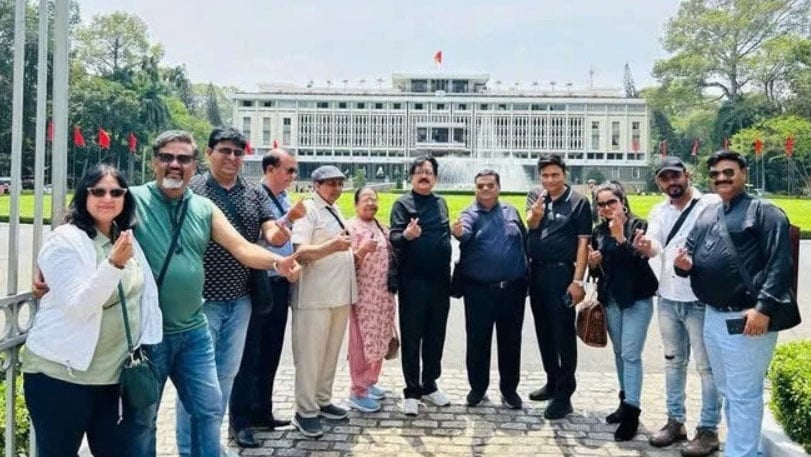

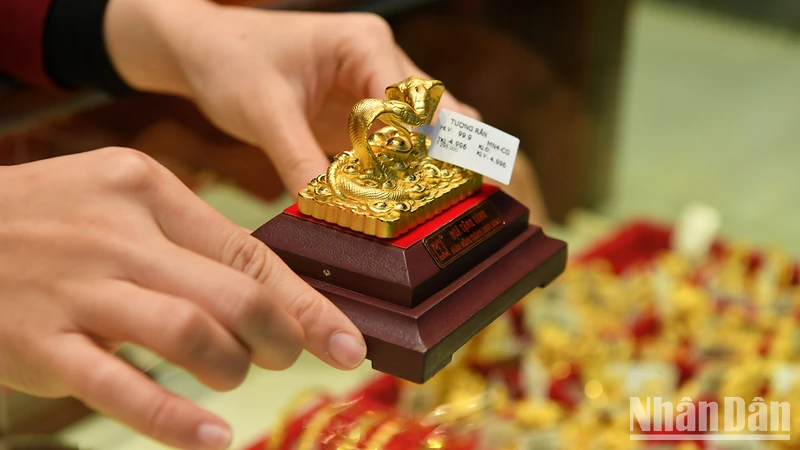

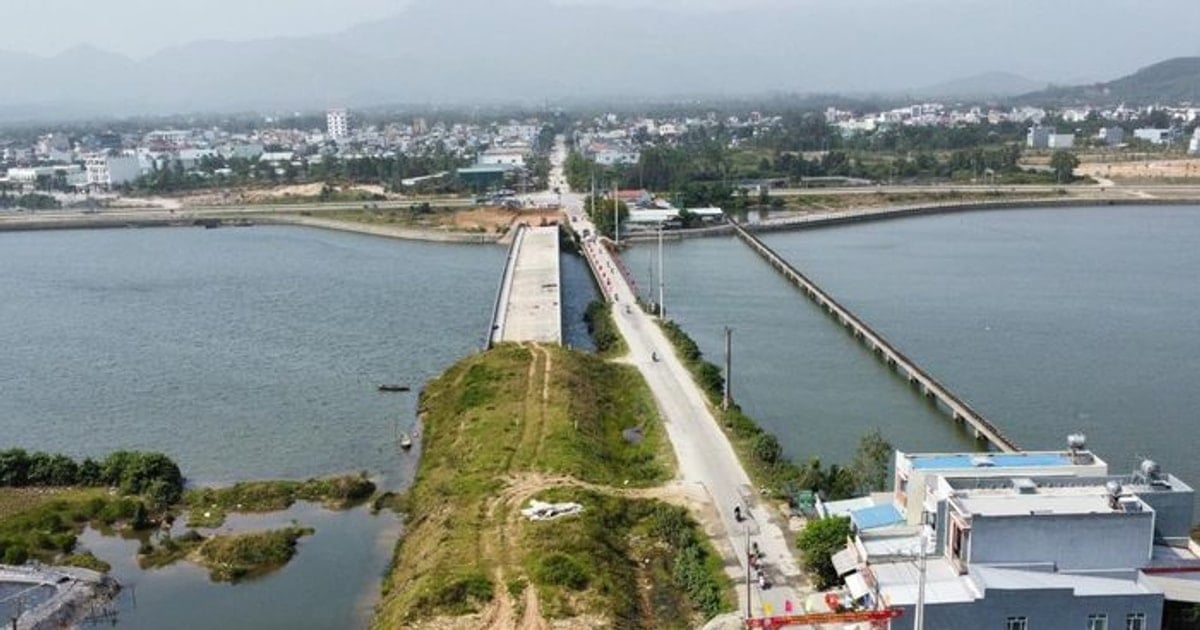













Comment (0)